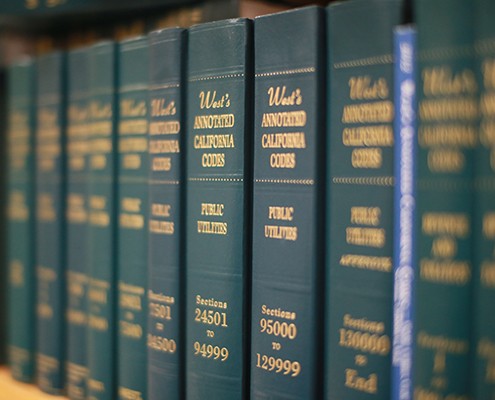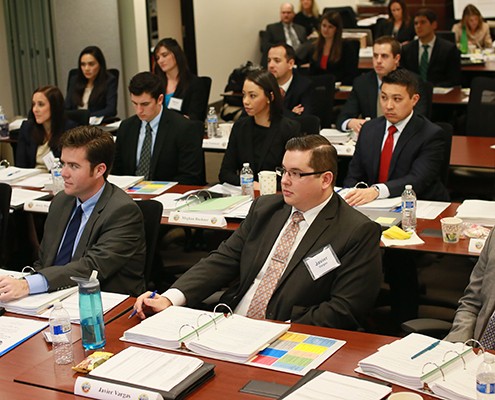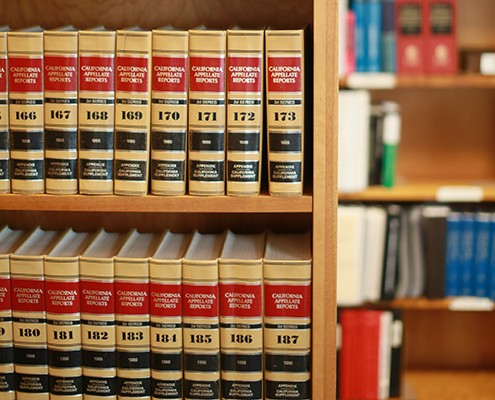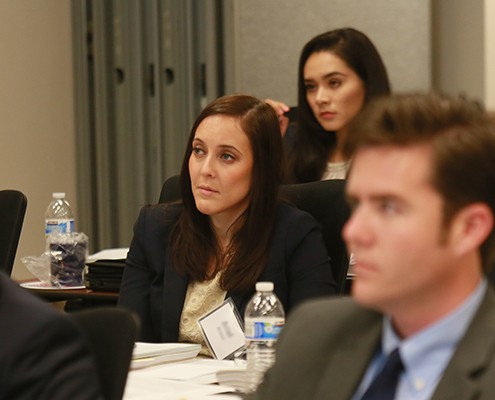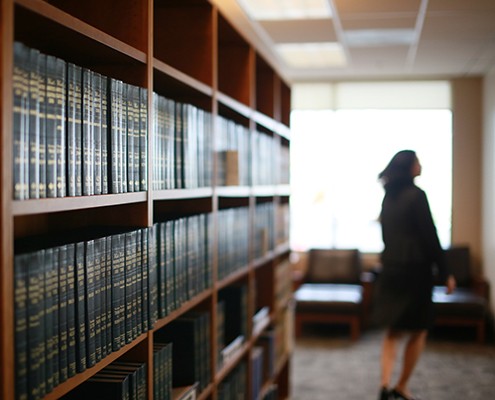| 2017 Staffing | |
|---|---|
| Attorneys | 15 |
| Staff Development Personnel | 2 |
| Paralegals | 2 |
| Support Staff | 6 |
| Total | 25 |
The Appellate and Training Division provides support to the District Attorney’s Office in the areas of motion practice, appellate practice, legal research, policy, ethics, legislation, training, and public records. The Chief of the division is Deputy District Attorney Mark Amador and the Assistant Chief is Deputy District Attorney Linh Lam. The training director is Deputy District Attorney Patty Herian and the ethics coordinator is Deputy District Attorney Marcella McLaughlin. She handles the office’s ethics program, which includes providing advice, assistance, and training to attorneys in matters relating to professionalism and maintaining the highest standards of prosecutorial excellence. The Appellate and Training division is the central repository for institutional knowledge of the law and office protocols and dedicates itself to the highest order of scholarship while publishing legal resources for the office and prosecutors’ offices across the state. This includes Autobrief, which is edited by Deputy District Attorney Craig E. Fisher
Appellate prosecutors handled motions, appeals, writ petitions, amicus briefs and oral arguments in the Superior Court, the District Court of Appeal, and the California Supreme Court. The division responded to hundreds of inquiries from prosecutors seeking legal advice and assistance including providing extra support on many of the high-profile trials. In addition, the division and its specialized prosecutors serve as the legal advisory team to the District Attorney’s Office, advising the administration in implementation of policy and procedures, especially when new laws are enacted.
2017 was a year of major developments in the California criminal justice system, with new legislation and voter initiatives changing both substantive and procedural law in the Superior Courts. The Appellate and Training Division took the lead to analyze and then train the office in the new laws while also litigating several contentious issues in dispute, both in the Appellate Court and Superior Court. Individual Deputy District Attorneys in the division became subject matter experts in order to effectively handle the new litigation related to the enactments of Proposition 57 (the retroactivity of juvenile transfer hearings), Penal Code section 1473.7 (a new law allowing defendants to more easily withdraw their plea if not perfectly advised of immigration consequences), the retroactivity of cases where dangerous defendants used, were found guilty and sentenced to mandatory gun prison terms (Senate Bill 620) and Juvenile resentencing issues (Miller/Gutierrez; Kirchner, SB 394 et al). Without much case law and precedent to rely upon, the appellate Deputy DAs protect the public and defend against overly exuberant interpretations of these new laws by filing amicus briefs in the Appellate Court and Supreme Court and arguing our interpretation at the trial court level.
The Appellate Division also intervened in the appellate courts on several cases in San Diego and in the state by filing amicus briefs in support of pending appeals. In one such case, the language in the published decision by the appellate court exactly mirrored the language from the appellate deputy’s amicus brief.
Attorneys in the Appellate and Training Division also participated in the California District Attorneys Association (CDAA), serving on the appellate, legislation, legal issues, and ethics committees. Chief Amador is a member of CDAA’s Board of Directors. During 2017, the division responded to more than 100 California Public Records Act requests, and more than 200 inter-agency requests for records and information.
During 2017, the division’s training group remained dedicated to developing and coordinating high-quality, in-house training including workshops for advanced trial advocacy, discovery obligations, and specialized areas such as Sex Crimes and Human Trafficking. The District Attorney’s Office is a State Bar certified MCLE provider. Deputy DA Herian, members of the training team, and members of the Legal Training Advisory Committee were devoted to successfully providing all attorneys and paralegals every opportunity to meet their continuing legal education requirements, allowing attorneys to maintain their license to practice law in the State of California. Examples of these programs include regular updates in the areas of Brady and ethics, two annual all-day training sessions, numerous office-wide, live-stream lectures, multiple-day workshops and seminars, and video trainings that targeted current legal issues. In 2017, the training team also created a new and innovative program to teach communication and leadership skills.

